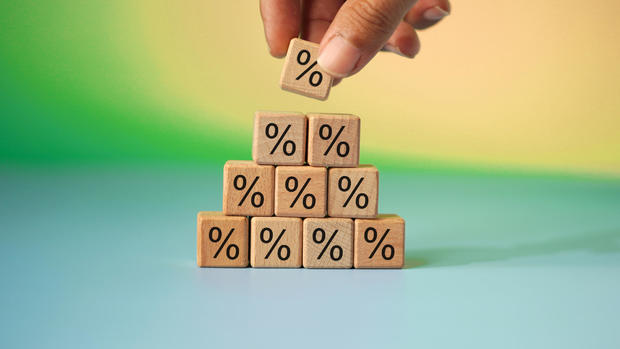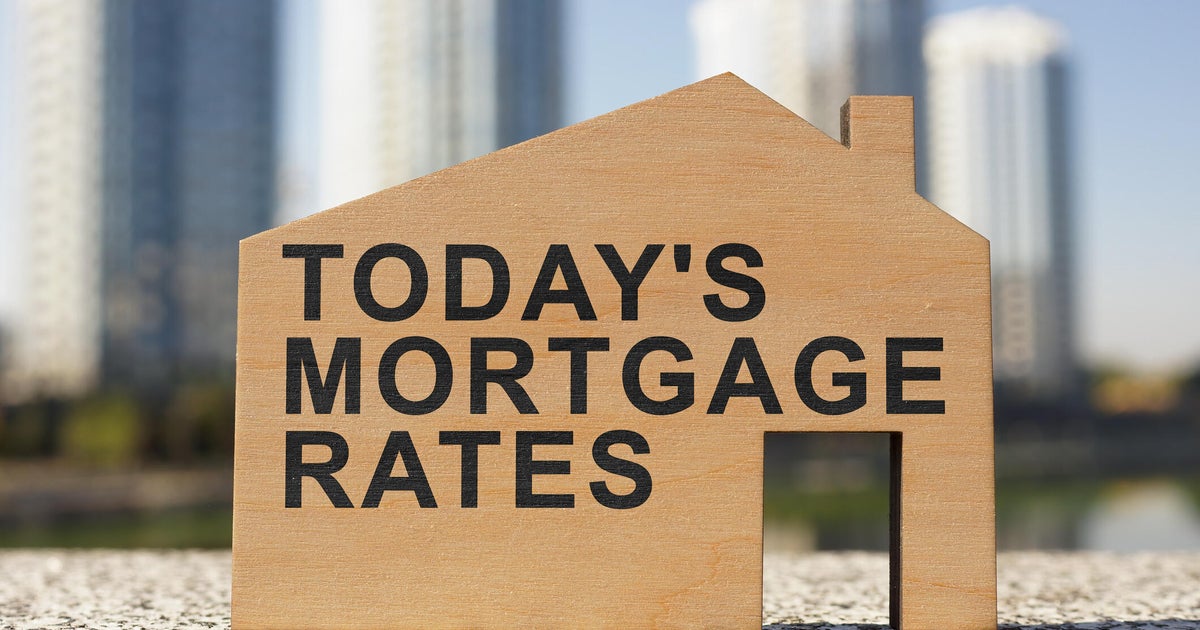The Fed increased interest rates. Here's how you can benefit now.
The Federal Reserve announced an increase to its federal funds target rate range, this week. The 25-basis point increase brings the target range up to 5.00% to 5.25%.
Like prior rate hikes, the Fed cited still-high inflation for its decision, and its goal to lower today's 5.0% inflation rate down to the target 2%.
"The U.S. banking system is sound and resilient," the announcement read. "Tighter credit conditions for households and businesses are likely to weigh on economic activity, hiring, and inflation. The extent of these effects remains uncertain."
While higher interest rates mean borrowing loans, mortgages and credit is increasingly expensive, there are some benefits for your wallet. Namely, you might soon earn more on your savings. Today's high-yield savings accounts already earn upwards of 4% APY in some cases, and higher federal interest rates could mean better savings rates are right around the corner.
Compare today's top savings rates now to learn more.
How you can benefit from interest rate hikes
No matter how far along you are in your savings journey, higher interest rates mean you still have time to take advantage.
"If the Fed hikes interest rates, rates on high-yield savings accounts will go up," says Cathy Curtis, CFP and Founder of Curtis Financial Planning. "So, a person with such an account will earn more on their savings."
That's why choosing the right savings account for you is important; not all banks raise rates the same. High-yield savings accounts are where you should look for rate hikes to have the biggest impact. These accounts are largely offered by online banks. With few overhead costs and a lot of competition, they are more likely to offer higher rates more quickly than large, national brick-and-mortar institutions.
"I'm not sure if brick-and-mortar banks will raise rates very much," Curtis says. "Unless they realize that depositors are leaving for higher yields. But, online high yield savings account will continue to offer their high rates."
The best part? You don't have to wait until banks follow the Fed's move and hike their own rates to take advantage. Savings account rates are variable, which means your rate automatically adjusts when your bank moves the rate it offers. For example, if you open a savings account with a 4.25% APY today and your bank increases the rate to 4.30% next week, you'll start earning that new rate on your balance going forward.
Explore high-yield interest rates here to see how much more you could be earning.
Why now is a good time to save
High interest rates can be a boon for savers, but you're probably feeling the effects of interest rate hikes across your finances. These ongoing rate hikes, combined with persistent high inflation and fears of recession have many people today concerned about their financial futures.
Beyond the boost you can earn with interest, security against the unknown is one of the best benefits of saving today.
"There is no better time than now to become more disciplined in saving for one's future in general," says Steve Schleupner, CFP, founder of You Tree financial planning. When you can save a greater portion of your earnings in an inflationary environment, he says, you better equip yourself to develop strong habits that will lead to longer-term financial success. "The high rate itself is the motivating factor."
Contributing as much as you can toward your savings now can put you in a better position if you face financial hardship, income loss or unexpected expenses in the future. And with borrowing costs so high, more savings may also help you avoid taking on high-interest debt which can cost much more over the long run.
The bottom line
The Federal Reserve's latest interest rate hike may have consequences for borrowers, but there's one sure way you can benefit: by saving money. Opening a high-yield savings account with a competitive rate today is a great way to boost your savings and take advantage of the high interest available for savers.
Learn more about today's best savings rates now.




